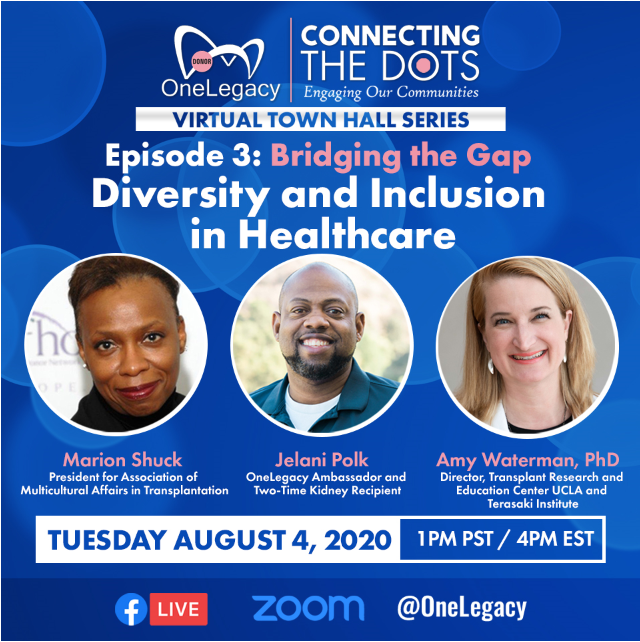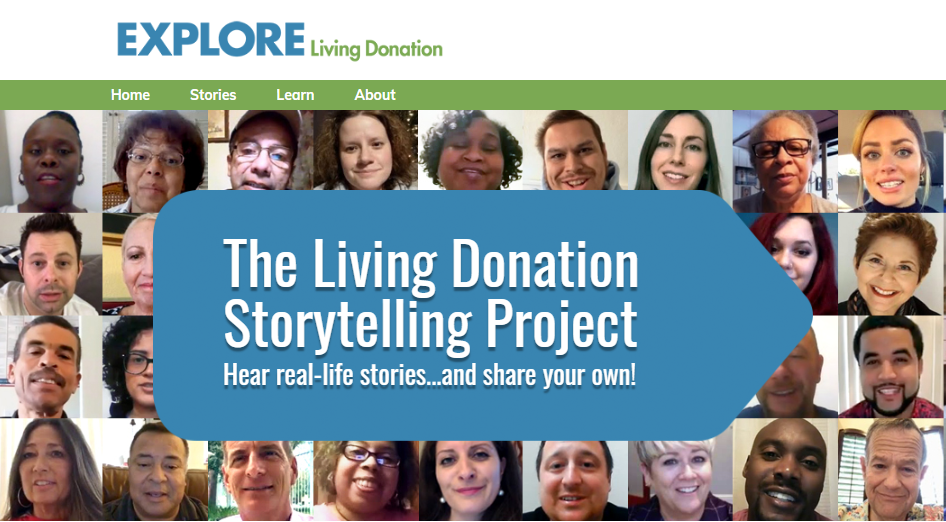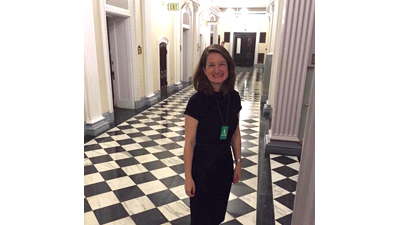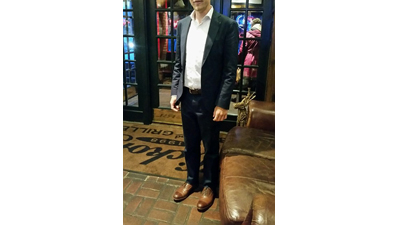By Erica Ho, Research Associate On Wednesday, August 4, Dr. Amy Waterman was invited to speak at OneLegacy’s monthly Connecting the Dots Virtual Town Hall. OneLegacy is an organization dedicated to helping people navigate organ, eye, and tissue donations by offering coordination and support services. The topic for this discussion, in accordance with National Minority Donor Awareness Month, was improving diversity and inclusion in healthcare to spread awareness about organ donation among minority groups. Dr. …
A recent TREC publication on the power of a digital library of living donor stories
By Erica Ho, Research Associate There are over 740,000 people in the United States living with end-stage kidney disease (ESKD)1,2, but only around 6500 transplants are performed every year due to a severe shortage in available kidneys2. Problems like limited kidney transplant education and medical mistrust make it difficult for enough donors and recipients to be matched3,4. Storytelling has been proven to be an effective strategy in increasing education and awareness for other health issues …
$1.2 million HRSA grant furthering TREC’s research in paired donation
It’s one of the frustrations of the kidney shortage that many people want to donate a kidney to a loved one but can’t, because their blood type is not compatible with their intended recipient. If they donated, their kidney would be rejected. In the past, living donors who did not match their recipients simply couldn’t donate at all. The failure to realize those donations was – and is – a true loss of potential kidneys …
An American poet laureate
Last week, I spoke at the White House at the Organ Donation Summit. People have asked me what it was like. To understand what that day was like, you have to go back in time 20 years. You are now a graduate student in Social Psychology, living on $15,000 for seven years as you finish your PhD. You crash into the field of transplantation unexpectedly and are blown away by its beauty. Here, people are …
Fighting the fight (for Chris)
When I was at the TED Conference this year in Vancouver, I had a lot of big picture conversations about how best to solve the kidney donor shortage. People suggested that we try to help the 100,000 people now waiting for a kidney in the U.S. get one sooner through: impassioned storytelling about the cause 3-D printing kidneys growing or preserving more organs efficiently technology breakthroughs, and even paying people to donate I talked to television …





